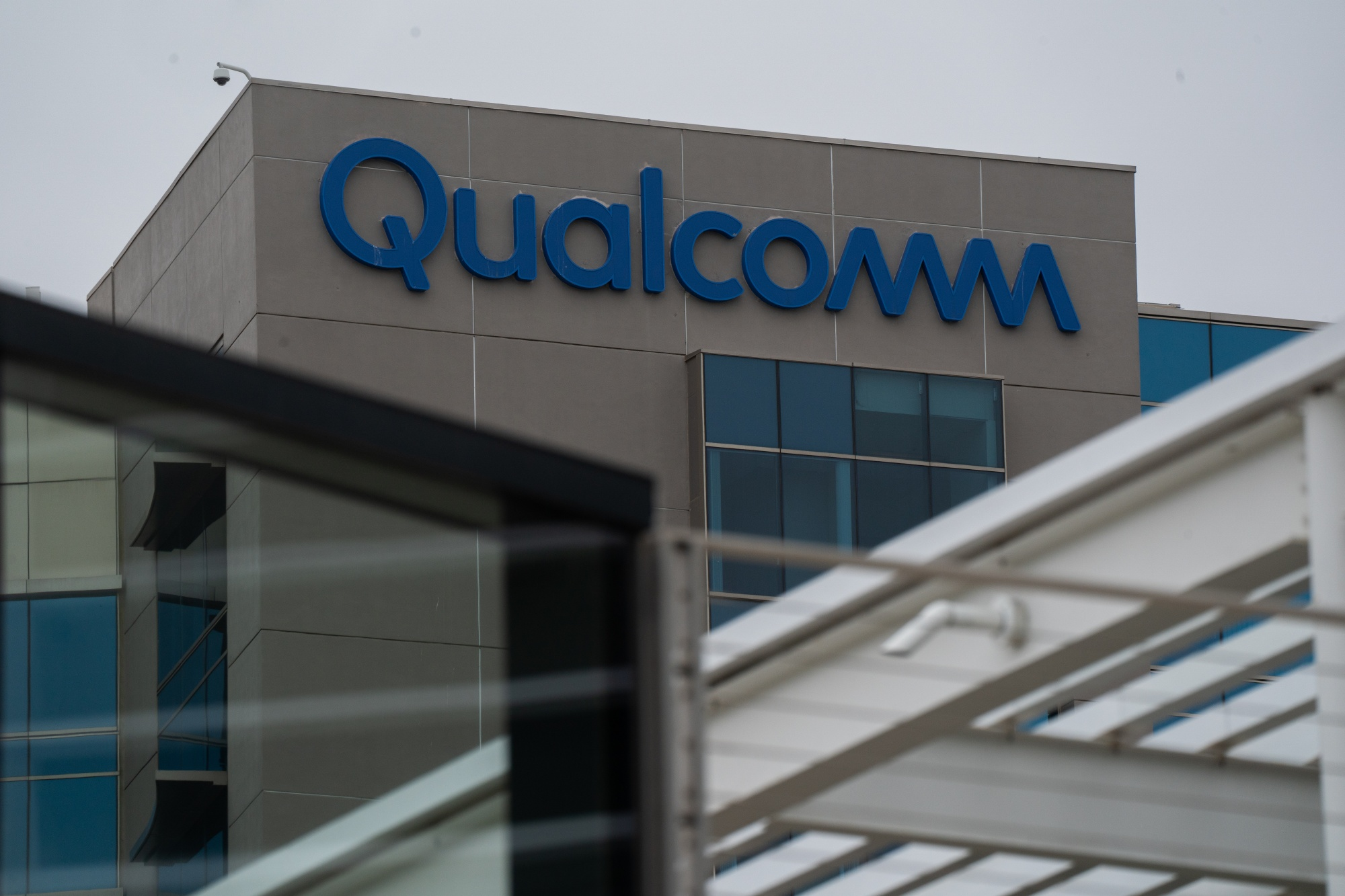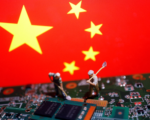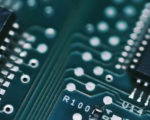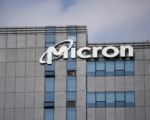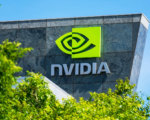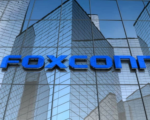Qualcomm scored a significant victory in its legal battle with Arm Holdings, as a U.S. federal court jury found that Qualcomm’s central processors are properly licensed under its agreement with Arm. However, the case ended in a mistrial on one critical issue, leaving some aspects unresolved.
The dispute centers on Qualcomm’s use of technology from Nuvia, a startup it acquired in 2021 for $1.4 billion, and its licensing agreement with Arm. After deliberating for over nine hours, the jury ruled that Qualcomm did not breach its license with Arm and that its chips using Nuvia technology are fully protected by its contract with Arm.
However, the jury could not unanimously decide whether Nuvia violated the terms of its license with Arm before being acquired by Qualcomm. As a result, Judge Maryellen Noreika encouraged the parties to mediate, though Arm has already vowed to seek a new trial.
Arm’s shares fell 1.8% in extended trading following the decision, while Qualcomm’s shares rose by the same margin. Qualcomm hailed the ruling as a vindication of its innovation rights, while Arm expressed disappointment over the jury’s inability to reach a consensus on key claims.
The case has implications for Qualcomm’s ambitions in the laptop market, particularly its push into “AI PCs” designed to handle advanced tasks such as chatbots and image generation. Competitors like Nvidia, AMD, and MediaTek are also vying to create Arm-based processors for this growing market.
Analysts view the verdict as a stabilizing factor for Qualcomm’s roadmap. “The risk of losing access to Nuvia cores is much closer to being off the table,” said Stacy Rasgon, a Bernstein analyst.
The trial also reignites industry-wide questions about the boundaries of Arm’s intellectual property. While Arm licenses its architecture to companies like Qualcomm and Apple, it argued in court that its agreement with Nuvia allowed it to demand the destruction of custom core designs.
“This trial has ramifications for the entire tech ecosystem,” said Jim McGregor of Tirias Research. “Arm’s architecture forms the backbone of everything from consumer gadgets to satellites, and this verdict underscores ongoing tensions between licensing and innovation.”
Despite the partial victory for Qualcomm, unresolved issues regarding licensing terms and royalty rates may continue to impact future negotiations across the semiconductor industry.


